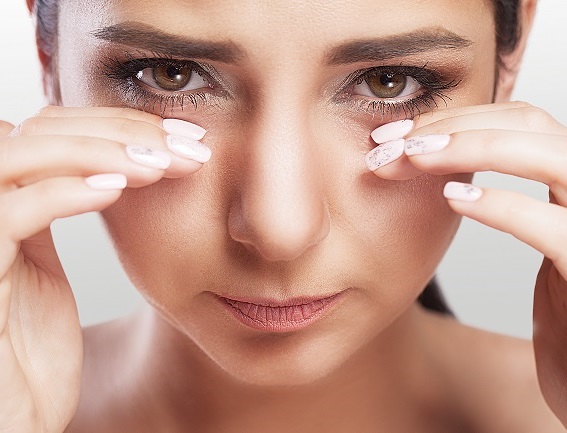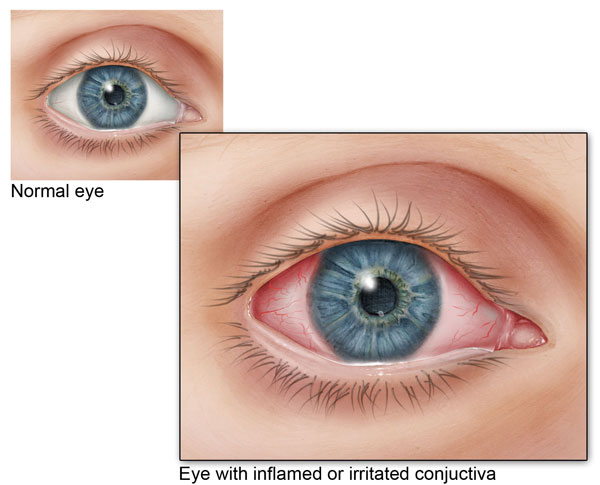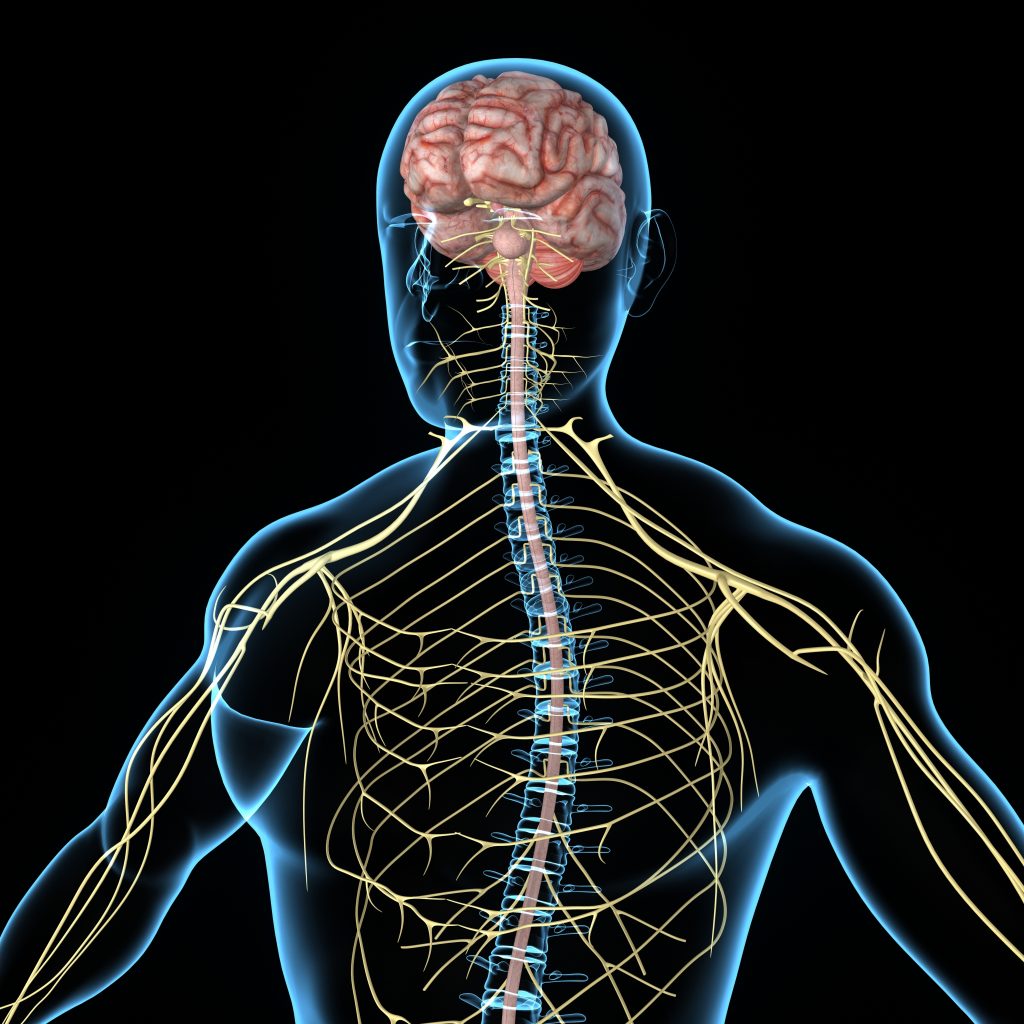9 Causes of Eye Twitching
-

Eye twitching is one of those common little nuisances that can seemingly start happening out of nowhere and slowly drive you crazy. Also called blepharospasm or ocular myokymia, eye twitching typically affects the lower eyelid (though it can also affect the upper lid) of a single eye. More often than not, the spasms associated with twitching are short lived, but it’s not uncommon for them to last for days, weeks or even longer. The strength of the twitch can range from mild and almost unnoticeable, to strong enough that it closes the eye entirely.
If your eye twitch persists, you should schedule an appointment with an eye doctor, during which time the cause of your twitching can be determined and the treatment options evaluated.
Here are nine causes of eye twitching.
-
1. Dry Eye

Dry eye is an extremely common condition caused by a lack of moisture in the eyes. Natural tear flow provides the lubrication needed to promote eye comfort. Excessive evaporation of the tears or an insufficient flow of tears can lead to dry eye and associated irritations.
Dry eyes may cause redness, burning or a scratchy feeling that often can be relieved with eye drops. Chronic dry eye may require additional treatment. Consult with an eye doctor if the problem persists.
-
2. Stress

Stress comes in all shapes and sizes, and is something we deal with daily. Although stress tends to be more of a mental or emotional issue, it can have physical manifestations; one such manifestation being eye twitching.
-
3. Lack of Sleep

The tiredness and fatigue that can result from a lack of sleep can cause of a variety of problems, including eye twitching. According to the National Sleep Foundation, adults between the ages of 26 and 64 require a minimum of six hours of sleep per night (though seven to nine hours are recommended).
In addition to being a direct cause of eye twitching, stress also can lead to sleeplessness, which in turn can cause more or chronic twitching.
If you are having problems falling asleep, speak with your doctor to determine the cause.
-
4. Alcohol

Many believe that excessive consumption of alcohol can be a cause eye twitching. This can be tied to the relaxant nature of alcohol in addition to the fact that excessive alcohol consumption can cause dehydration.
-
5. Caffeine

By Julius Schorzman [CC BY-SA 2.0], via Wikimedia Commons
Like alcohol, many experts believe that caffeine can be a cause of eye twitching. Whereas these experts point to the relaxant properties of alcohol, it is the stimulants of caffeine that are believed to be linked with blepharospasm.
-
6. Irritation

Minor irritation affecting the surface of the cornea or the inner eyelid can result in twitching. Rubbing the eyes may exacerbate this irritation. External sources of irritation such as bright lights or air pollution can also cause eye twitching.
-
7. Eye Strain

Along with stress and fatigue, eye strain is one of the more common causes of eye twitching. There are a number of different causes of eye strain, including vision loss. Straining to read or see clearly might be an indicator that you need glasses, contacts or vision correction surgery. Improving your vision could be enough to combat chronic twitching caused by eye strain.
Excessive computer or smartphone use is a more modern cause of eye strain. Vision-stress caused by staring at computer screens all day can strain your eyes to the point of twitching.
-
8. Pinkeye

Pinkeye (also called conjunctivitis) is an uncomfortable and unsightly condition of the eye that has been linked with twitching. Pinkeye can be noninfectious or infectious (the latter being highly contagious). Causes of infectious pinkeye tend to be rooted in bacteria or viruses, while noninfectious pinkeye tends to have causes rooted in more benign things like chemical irritation, allergies or trauma.
The highly contagious nature of infectious pinkeye means you should avoid contact with others so as not to spread it.
(If you’re suffering from pinkeye, chances are that any related eye twitching is secondary to your concerns.)
-
9. Nervous System Disorders

In rare cases, chronic eye twitching can be the sign of a serious nervous system disorder. Bell’s palsy, Parkinson’s, Tourette’s and dystonia are four serious nervous system disorders that are linked with eye twitching.
If you are experiencing chronic eye twitching with no other obvious eye-related concerns, speak with a doctor or eye doctor as soon as possible.



